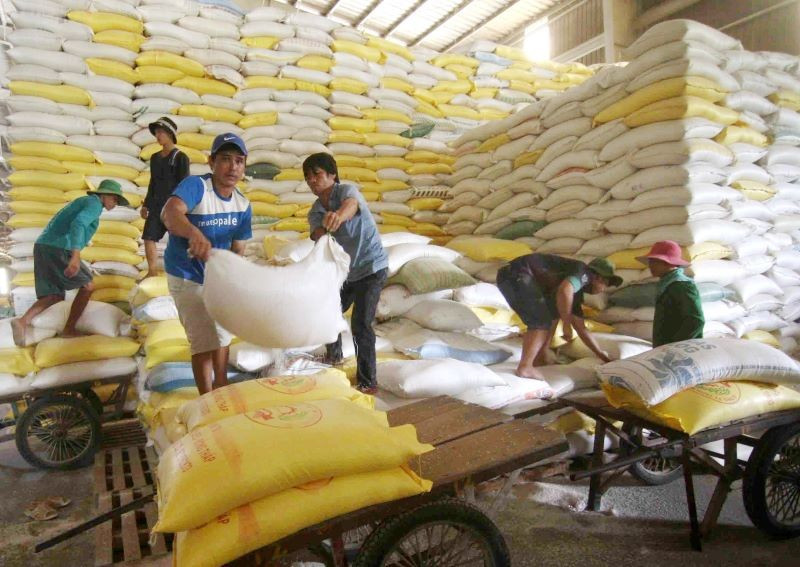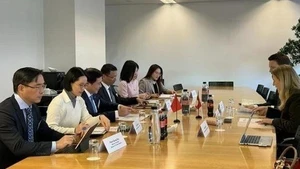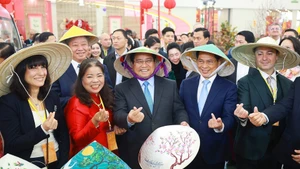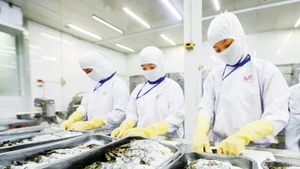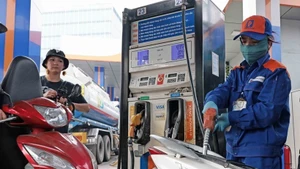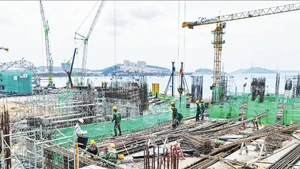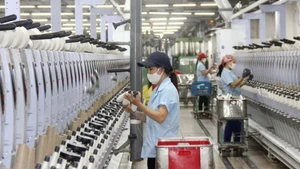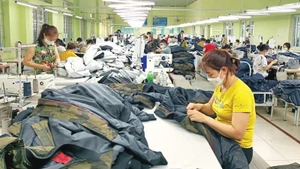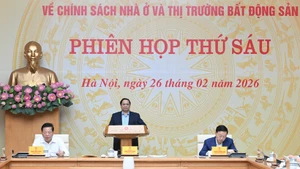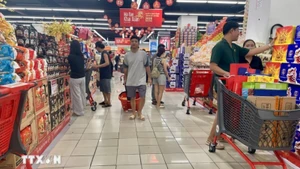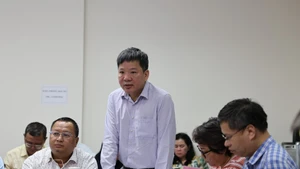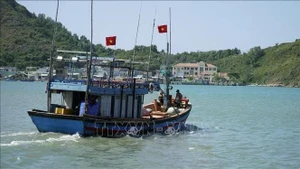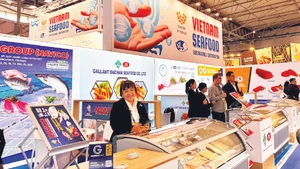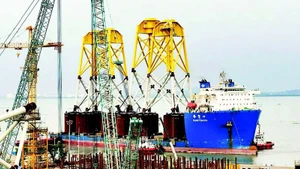In the domestic market, commodity rice prices are still anchored at a high level. In the face of the situation that rice prices are still high and tend to continue to increase, exporters are closely monitoring market developments to inform decisions on purchasing issues and the signing of new contracts.
According to Nguyen Tuan Khoa, Deputy Director of Phuoc Thanh II Co., Ltd., Long An Province, with the price of rice continuing to rise, if the company buys strongly at this stage, the enterprise will face high risk of losses. The company is also negotiating to extend signed contracts with import partners to wait for an abundant supply.
Moreover, India's policy of banning rice exports is not known until when, in case India lifts the ban, it is highly likely that the market will fluctuate greatly in the direction of a sharp drop in rice prices instantly. Therefore, businesses have a lot to consider at this time.
Currently, the Ministry of Industry and Trade has also directed the Vietnam Trade Offices in India, Thailand, Pakistan, Cambodia, etc., to provide active updates on the situation of production crops, rice prices in the local market, and the export situation and policy moves related to rice export in order to regularly or irregularly inform the Import-Export Department to support exporters with information in a timely manner.
An important issue today for businesses is the source of credit. According to the Industry and Trade Information Centre, the Ministry of Industry and Trade, if businesses can access credit, they will have advance capital for farmers, farmers will feel secure in production, businesses will have export goods and price stability.
In addition to credit policies, Vietnam needs more effective financial support packages from the budget for agriculture in general and rice production in particular. These support packages are implemented in accordance with the principles of the World Trade Organization (WTO), allowing agricultural subsidies (except for export subsidies) to 10% of the industry's GDP. For example, Thailand has preferential loan packages for small-scale farms, community businesses, and agricultural cooperatives.
Regarding production activities, localities across the country are still maintaining rice production to ensure domestic supply and promote rice exports, with a focus on ensuring national food security. Not only Vietnam but many leading rice exporting countries in the world are also paying special attention to this issue.
According to the Institute of Policy and Strategy for Agriculture and Rural Development, Thailand is ready to face a global food security crisis. The country has established systems through the National Food Council, the body responsible for directing the nation's food policy. Thailand has also facilitated production for domestic consumption as well as for export.
Meanwhile, Thailand's Ministry of Agriculture and Cooperatives is taking steps to improve food security by creating a comprehensive database, while at the same time developing a specific seasonal calendar for each province. This calendar will help estimate the quantity and type of produce available each month, assisting in food security management in normal times as well as in times of crisis.
